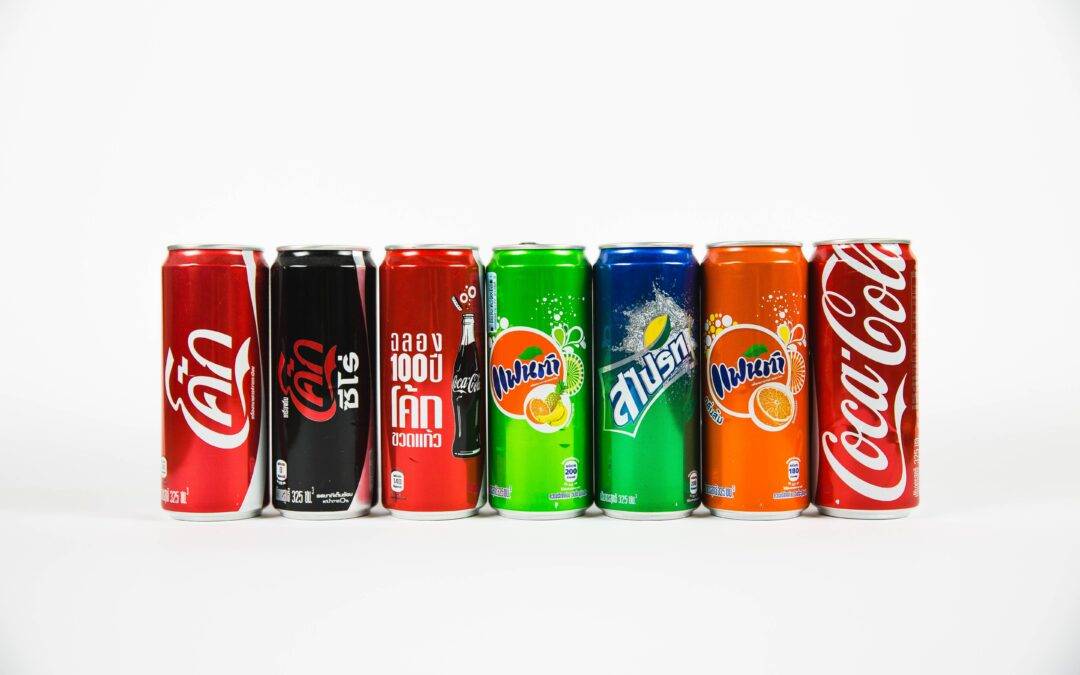Soaring high, sweltering heat, parched throat; just one glass of fruit juice, and you already feel better.Mouth-watering steak, aromatic spices; all you need is a soda drink to satiate your taste buds. Different beverages are a part of our daily lives and are consumed for various reasons, including weakness, fatigue, dehydration, other illnesses, and pure indulgence.
But do we ever turn around the bottle to look at its sugar content, or more importantly, do we ever wonder what kind of sugar we are consuming?
Let’s look at the kinds of sweeteners we consume and what they do to our bodies.
The sugar we consume is not always natural.
Natural sugar is obtained from whole foods; fruits, milk, yogurt, grains, nuts, etc. You can never overdo these, apart from fruits in the form of juice. It contains more than one serving of fruit and no fiber, meaning a higher intake of fructose. Natural sugar is processed to extract sugar from it in granulated form from corn syrup, sugar cane, or beetroot. Table sugar or high fructose corn syrup are examples of refined sugar.
Table sugar is also called sucrose. Sugar cane plants are washed, sliced, and soaked in warm water, allowing their sugary content to be isolated. The content is filtered and processed into a crystallized form. These crystals are put through various steps before being placed on the shelves.
Apart from satisfying our sweet tooth, HFCS is also used as a preservative and fermenter. In the production method, corn is pulverized into starch and then processed into syrup. Enzymes are introduced into it to increase its fructose content and escalate its sweetness.
Artificial sugar is the substitute used in ‘’Sugar-free’’ items to minimize the caloric intake but gives an intense sweet flavor. This synthetic sugar is used in many processed things like carbonated drinks, candies, jams and jellies, canned foods, baked items, etc.

Natural or artificial, each sweet has its benefits and concerns.
It should be clear that artificial sweeteners extracted and processed from natural sources are still synthetic, not as stated by some manufacturers. However, it is still debatable as the terms “natural” and “artificial” have different interpretations by different people.
Sugar has a direct spike effect on a hormone known as insulin, which then increases estrogen and testosterone. It leads to the development of man-like features in women. Also, mood swings and anxiety are common effects of high insulin.
Natural sugar is safe to consume as it is organically prepared and lacks pesticides or herbicides. It saves the environment from pollution caused by chemicals that may be used to grow other sources of sugar. It naturally occurs in foods that contain other beneficial compounds as well. But on the other hand, it is known to cause obesity in high doses, whereas artificial sugar has low calories. It is also a common cause of plaque formation and tooth decay.
Refined sugar has meager calories, low enough to be burnt by simple everyday chores. Due to its strong flavor, a small quantity can boost the flavor. It may increase belly fat, leading to high blood glucose levels and heart disease. Table sugar is known to affect the hormone called leptin that controls your eating habits. Depression, dementia, cancer, and liver diseases may be developed due to its use.
In moderation, sugar is a spoonful of bliss, but it is a sugar-coated poison in excess.
Artificial sugar is the best option if you are seeking to lose weight due to its virtually zero caloric content. These aren’t carbohydrates, so they have no role in raising blood glucose levels and do not cause diabetes. But these synthetic sugars have been linked with cancers, especially in the bladder. Sugar alcohols that are not alcoholic naturally occur in fruits and vegetables. These are used in artificial sugars and contain some number of calories.
It is always important to remember that moderation is the key. Too much of anything, no matter how beneficial, can affect your health. Indulge in the sweetness but always keep your health a priority.

